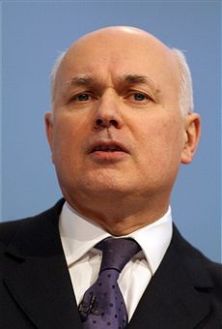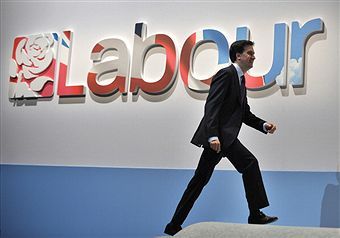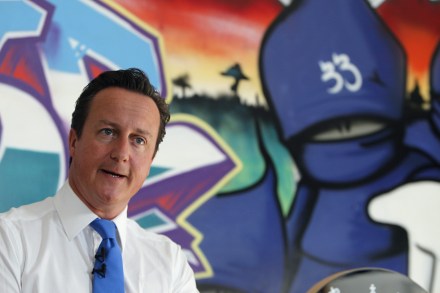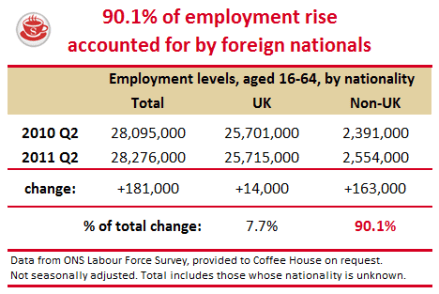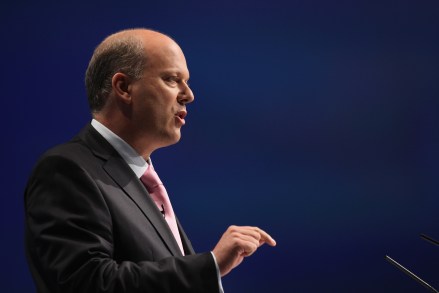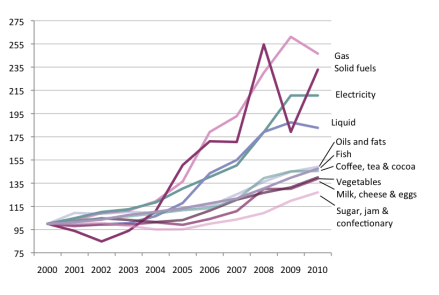Any questions for IDS?
At 6pm this evening, I’m interviewing Iain Duncan Smith at a Conservative Party conference fringe meeting. He is fighting a war on at least three fronts: the welfare-to-work programme, the creation of his Universal Credit (ie, rewriting the benefits system), and producing a government response to the riots and the conditions behind them. I may put questions to him from CoffeeHousers, so if you have any please leave them below. IDS is surprisingly candid for a Cabinet member, perhaps because he wants this to be his last job in government. He isn’t watching his words, worried that he’ll say something to damage his promotion chances. I’d say that his job
